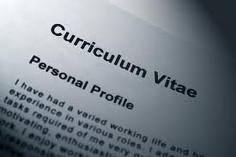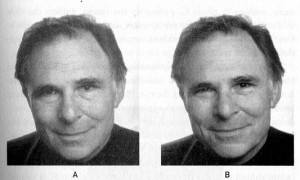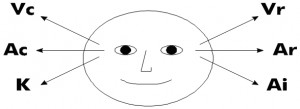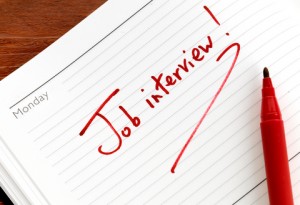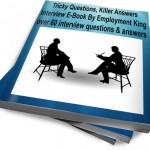Outplacement Service in Manchester
At Employment King we offer tailor made outplacement services.
Company redundancies, merges and restructuring can be mentally hard on employees at all levels. Using an impartial outplacement service can make this transaction easier and more motivational.
Employment King Career Coaches are experienced, trained and qualified in a mixture of IAG (information. Advice and Guidance) NLP Life Coaching and Personality Type Assessments.
We offer Group and One-to-One sessions, delivered in your workplace:
Outplacement Services
CV Writing Service
The ability to design and write interview winning CVs is the key tool for any job hunter no matter how many years experience you posses, the level of your qualifications or the seniority of your position.
CV writing session will be tailored to your needs and can cover:
- 10 Mistakes that Kill CVs
- How to target a CV to each application
- CV that win job interviews
CV Writing Service
- Each CV will be tailored made
- Each CV will come with a FREE Cover Letter Template Pack
- You will also receive a FREE copy of The Secrets of Employment E-Book
Psychometric Assessments
We use Myers Briggs Personality Type Assessments to help you choose your next career role based on your personality, motivational traits and potential stress indicators
- Each participant will be sent a FREE 12 page personality type profile e-book
- We will match career choices to your personality
Advance Interview Training
As a specialist in Interview Coaching we offer a variety of interview coaching session for promotional opportunities and redundancies.
- Influencing the Interview – using psychology and NLP to pass job interviews
- Interviewer Rapport Building Techniques
- Answering Tricky Interview Questions
- How to come across as an expert
- Beating the competition
- Preparation, Planning and Passing Interview
Career Coaching
With a background in careers advice and coaching, we can work with your employees to help them understand their strengths and key skills, supporting them to gain promotions and new career ideas.
- Career Advice
- Career Values and Dislikes – what would be your ideal role?
- Understanding Job Profiles and How to Gain Job Offers
- Matching Skills to career ideas and promotional opportunities
- Understanding the local labour market (LMI) and re-training
Motivational and Confidence Building Training
For many redundancies and restructures can be demoralising, employment king specialise in motivation and confidence building. We offer a wide range of services using a mixture of NLP and Life Coaching:
- Life Coaching Sessions
- Motivational Training
- Confidence Building
Job Shops and Surgeries
We design industry specific job shops and surgeries which can cover all aspects of the job application process:
- Where can I find work?
- Influencing the Interview
- Internet Job Hunting
- Career Planning
- How to Sell Yourself
Career E-Products
We have a wide range of career e-products that you can purchase; we will often give e-products away depending on which of the above services you want to purchase
- Secrets of Employment E-Book and FREE CV Template Pack – a guide to securing more job offers covering the whole job application process from job searching to passing job interviews.
- Tricky Questions, Killer Answers – over 60 Interview questions and answers. Learn what answers employers are looking for and why they ask each individual question, with example answers for all interview questions.
- CV Secrets – a FREE e-book designed to help you gain more interviews by writing amazing CVs
- Additional: We have a wide range of e-products from job logs to CV Templates, many are FREE
Remember we will tailor make group and one-to-one interview and career coaching sessions for your staff; we also offer ongoing e-mail support and additional follow careers session if required. For more information use the contact form below:




